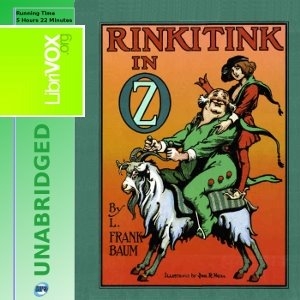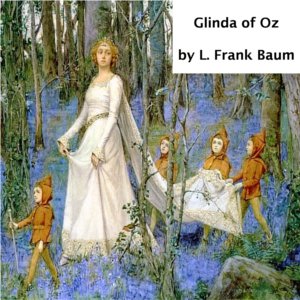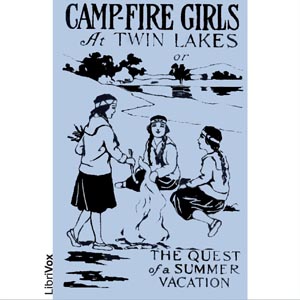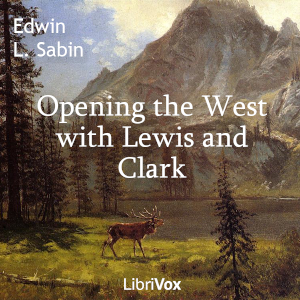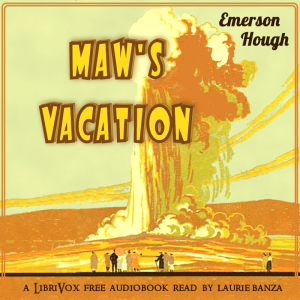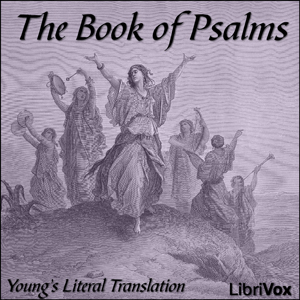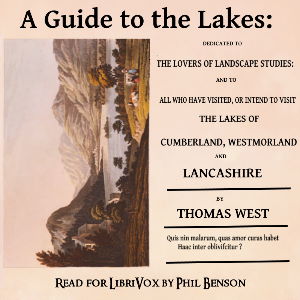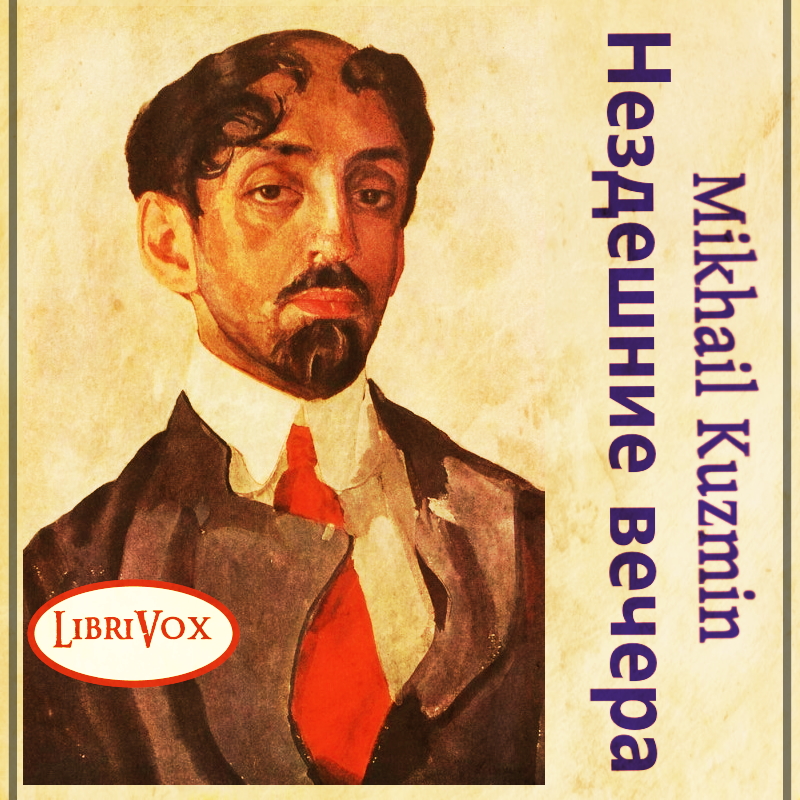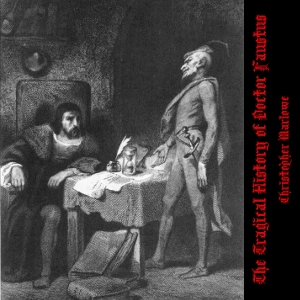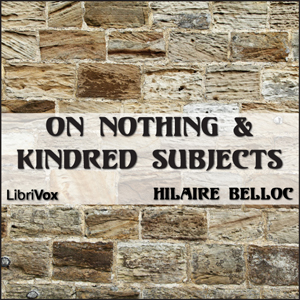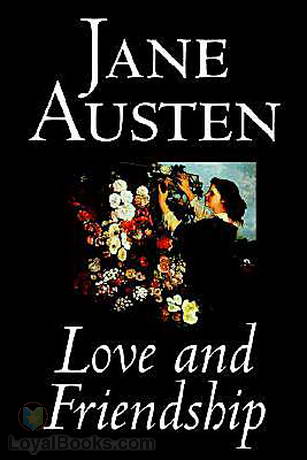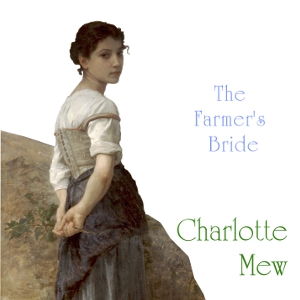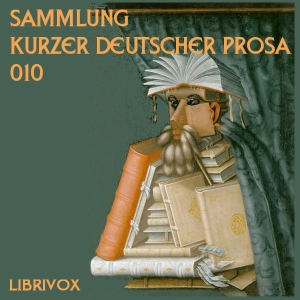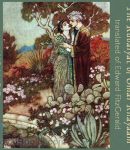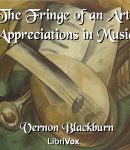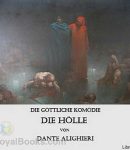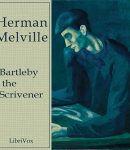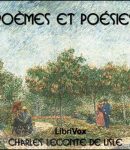
Poèmes et Poésies
Leconte de Lisle est né à l’Île de Bourbon. C’est là que ses yeux d’enfant se sont emplis des couleurs et des formes des paysages prestigieux de l’Orient. Une nature sans tendresse, à la lumière implacable, aux faces énormes et aveugles, éveilla dans son âme cette idée obsédante de la fatalité, qu’il devait retrouver au long de l’histoire. Tout ce que l’Orient dans sa lourde immobilité traîne depuis des siècles de renoncement à l’impossible bonheur et de goût de la mort s’ajouta par ailleurs en lui à son pessimisme natif. (Extrait de la notice de l’édition de 1920) Leconte de Lisle was born on the island of Réunion. His verse is clear, sonorous, dignified, deliberate in movement, classically correct in rhythm, full of exotic local colour, of savage names, of realistic rhetoric. Coldness cultivated as a kind of artistic distinction seems to turn all his poetry to marble, in spite of the fire at its heart. They have the lofty monotony of a single conception of life and of the universe. He sees the world as what Byron called it, “a glorious blunder,” and desires only to stand a little apart from the throng, meditating scornfully. He listens and watches, throughout the world, for echoes and glimpses of great tragic passions. The burning emptiness of the desert attracts him, the inexplicable melancholy of the dogs that bark at the moon; he would interpret the jaguar’s dreams, the sleep of the condor. He sees nature with the same wrathful impatience as […]

